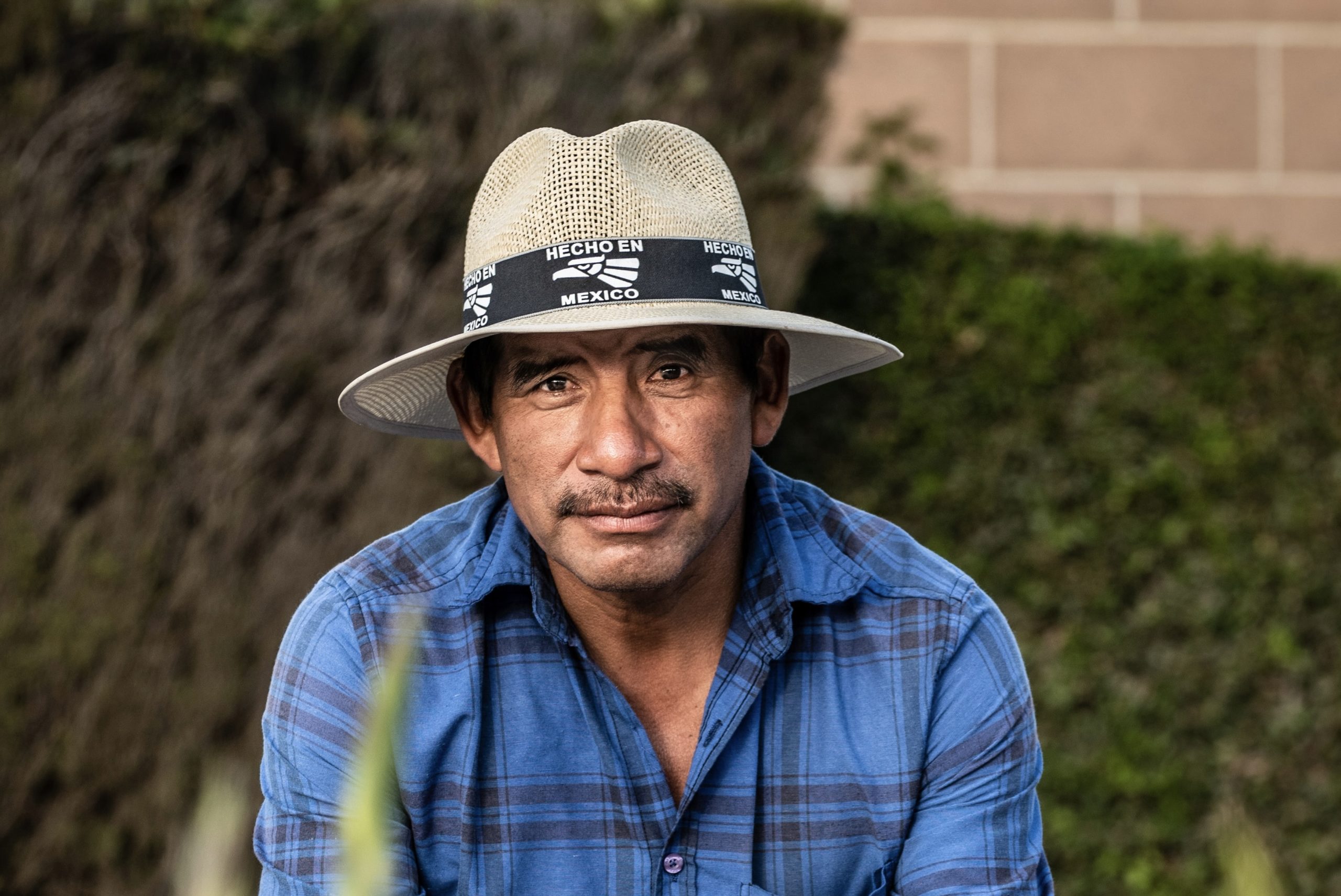As much as I’ve brainstormed and tried to come up with new analogies and arguments for values and well, capitalism, I keep coming back to foundational questions. It’s a new year, which is always a good time to go back to basics.
Last December I wrote about poverty, and in what I thought was one of the less controversial points, I cited the story from Matthew 26 of the woman who spent her life savings on a bottle of perfume that she poured on Jesus feet. When the disciples “were indignant” that the woman should have given her money to the poor, Jesus defended her saying, “Why are you bothering this woman? She has done a beautiful thing to me. The poor you will always have with you, but you will not always have me.”
I again submit that Christ was not demeaning the condition of the poor. Throughout his ministry and teaching, Christ shows great compassion for the poor and he commands us to do the same.
I asked at that point, “What does it mean that ‘the poor you will always have with you?’ What, then, should be the Christian goal of economics?” And interestingly, I found that the point of contention was in the underlying assumption that poverty is a result of the Fall. So this is the statement I will now unpack a bit.
Poverty exists because of scarcity. Interestingly, employment does not exist due to scarcity. After all, we because we see God giving Adam and Eve “jobs” in the Garden of Eden prior to the Fall. It is fundamental to humanity and our relationship with our Maker that we work. But in the garden there were no unmet needs. No scarcity.
Would scarcity have arisen, if Adam and Eve not be kicked out of the garden? What if humanity had never fallen, and we expanded and multiplied until millions or even billions of sinless humans inhabited the Garden of Eden? My remarkable theological answer to that question is that I have no idea.
What the biblical picture makes clear is that prior to the Fall there was not scarcity, and after the Fall, the same two people did experience scarcity. Adam and Eve became physically poor as a reflection of their spiritual impoverishment.
Poverty is a facet of our fallen humanity, inescapable this side of heaven. This is what I understand when I read, “the poor you will always have with you.” Christ just as easily could have said “the sick you will always have with you,” had his disciples posed a question about caring for the ill. This also brings up one if the most elegant aspect of free-market capitalism: that man’s physical restoration is frequently preceded by man’s spiritual change of heart. Though not a direct corollary, upward income mobility can reflect the work of grace in our inner life.
Income mobility is an idea unique to free-market capitalism; indeed, one of the central ideas of free-market capitalism is that the poor can improve their lot. In another recent post, I considered how “the free market is like the kingdom of God,” in that even the handicapped and elderly have a place and a role.
Free-market capitalism is continually making the world a better place via improvements in technology, education, equality, health and capital creation. It is fundamentally improving our human condition, moving us further away from a position of Garden of Eden castaways, and closer to the New Jerusalem that Christ will someday bring.
The poor we may always have with us, but through the free market’s wealth-creating engine, it is truly possible to have less poverty than before.



